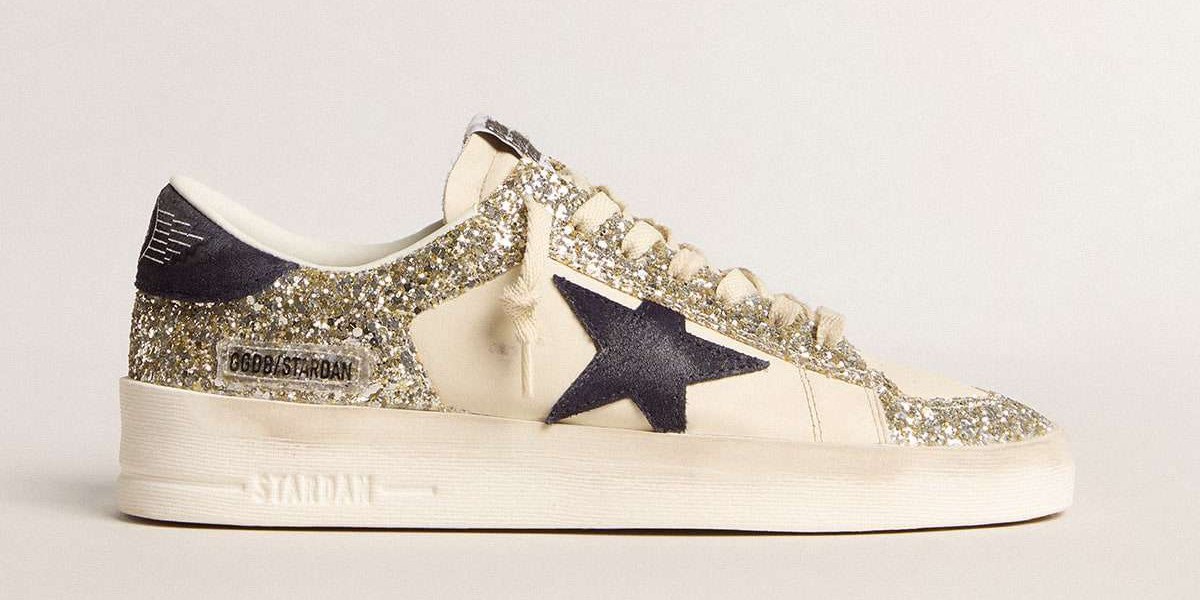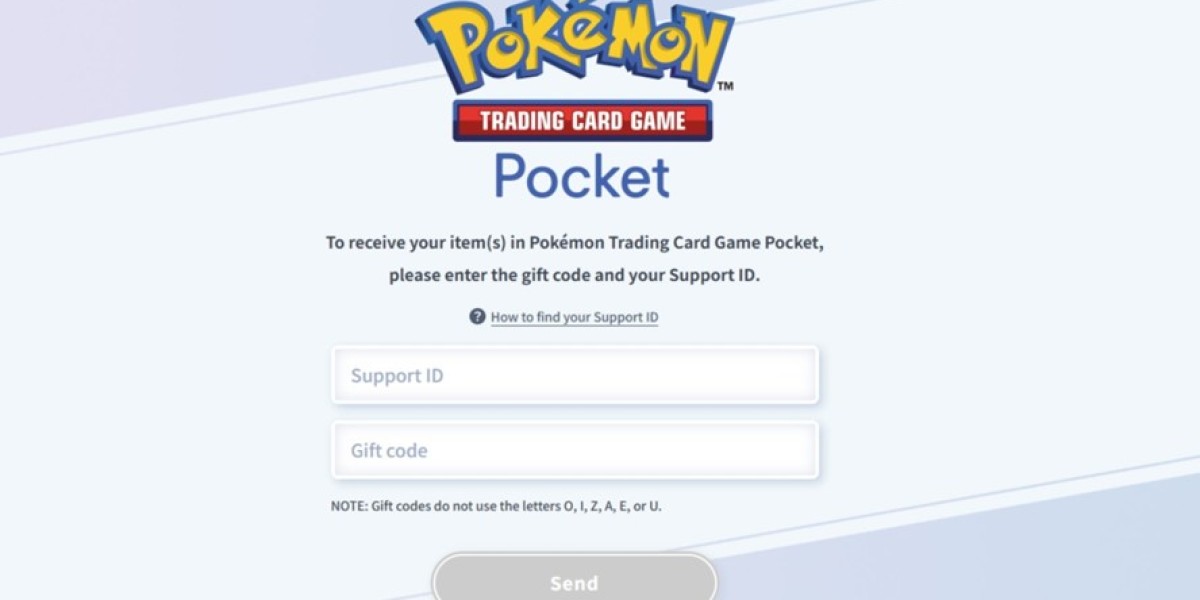The Luxury Real Estate Market is witnessing remarkable growth as high-net-worth individuals (HNWIs) and global investors seek exclusive properties that reflect sophistication, security, and lifestyle. From penthouses in global financial capitals to private estates in serene coastal locales, the market continues to expand with rising demand for premium living experiences.
Valued at USD 340.2 billion in 2024, the Luxury Real Estate Market is projected to reach USD 556.1 billion by 2032, growing at a steady CAGR of 6.3%. This growth is fueled by increasing wealth, global mobility, evolving buyer preferences, and the integration of technology into high-end real estate solutions.
Shifting lifestyle trends—including remote work, wellness, and sustainability—are also reshaping demand, prompting investors to prioritize spacious layouts, eco-conscious architecture, and integrated smart systems.
Key Drivers Fueling the Growth of the Luxury Real Estate Market
Several pivotal forces are accelerating the global luxury real estate boom:
Increasing Global Wealth: The growing number of millionaires and billionaires worldwide directly correlates with demand for ultra-luxury residential properties.
Remote Work Culture: High-income professionals now prioritize homes that offer both productivity and privacy, fueling demand for expansive estates and vacation properties.
Investment Diversification: Real estate remains a preferred asset for portfolio diversification, especially in times of market volatility and inflation concerns.
These dynamics are transforming luxury real estate into not just a symbol of status but also a strategic investment tool.
? Request a Sample Report: https://dataintelo.com/request-sample/486221
Restraints Affecting Market Momentum
Despite robust performance, the Luxury Real Estate Market faces a set of key challenges:
High Capital Entry Barrier: Ultra-luxury properties demand significant upfront capital, limiting access to a niche segment of global buyers.
Economic Uncertainty: Fluctuating interest rates, inflation, and geopolitical tensions can affect buyer sentiment and financing opportunities.
Strict Regulatory Frameworks: In certain regions, taxes on second homes, foreign ownership restrictions, and compliance hurdles can dampen market growth.
Addressing these constraints involves strategic pricing, localized compliance strategies, and innovative financing models.
Emerging Opportunities in the Luxury Real Estate Sector
As the market evolves, new growth avenues are emerging:
Sustainable and Green Architecture: Eco-conscious buyers are increasingly demanding energy-efficient designs, LEED-certified homes, and off-grid capabilities.
Smart Home Integration: Luxury properties are incorporating AI-driven automation systems that enhance security, lighting, temperature control, and entertainment.
Branded Residences and Co-Ownership Models: Partnerships with luxury brands and co-investment opportunities are expanding buyer access to high-end real estate experiences.
These innovations are enhancing value, lifestyle appeal, and long-term returns for investors.
? View Full Report: https://dataintelo.com/report/global-luxury-real-estate-market
Market Segmentation and Regional Landscape
The Luxury Real Estate Market is segmented by property type, application, and geography for clearer insights into demand patterns.
By Property Type: Condominiums, villas, penthouses, bungalows, mansions, and private islands.
By Application: Residential use, investment purposes, vacation homes, and rental income generation.
By Sales Channel: Direct sales, real estate agencies, digital platforms, and auction houses.
Regional Insights:
North America: Dominates the market, led by demand in New York, Los Angeles, Miami, and Toronto, with a surge in waterfront and countryside luxury estates.
Europe: Shows strong interest in heritage and second-home properties in cities like Paris, London, and across the Mediterranean.
Asia-Pacific: Fastest-growing region, driven by expanding HNWI populations in China, India, Singapore, and Australia.
Middle East and Africa: Rising urbanization and luxury developments in the UAE, South Africa, and parts of North Africa are fueling demand.
Latin America: Destinations like Brazil, Mexico, and Costa Rica are becoming hotspots for luxury vacation homes and international investors.
These insights underscore the importance of market-specific strategies to capture regional growth potential.
Trends Shaping the Future of Luxury Real Estate
Several powerful trends are defining the future of the global Luxury Real Estate Market:
Health and Wellness Integration: Homes designed with wellness features like air purification, meditation spaces, and spa-like amenities are becoming essential.
Multi-Generational Living: Buyers are opting for larger residences that accommodate extended family while ensuring privacy and luxury.
Remote Property Management Solutions: Technology now enables global investors to manage properties from afar using smart home platforms and concierge services.
These trends emphasize how lifestyle evolution is becoming central to luxury real estate demand.
? Check Out the Report: https://dataintelo.com/checkout/486221
Buyer Behavior and Market Dynamics
Understanding luxury buyer psychology is critical to long-term market positioning:
Experience-Driven Purchasing: Buyers are looking beyond square footage—they seek immersive experiences, architectural uniqueness, and exclusivity.
Digitally-Informed Decisions: Online listings, virtual tours, and AI-curated suggestions are now common steps in high-end property acquisition.
Community and Prestige: Luxury buyers often choose properties within exclusive communities that reflect social status and provide enhanced privacy.
These dynamics guide how properties are marketed, staged, and ultimately sold in the high-end segment.
Conclusion: Luxury Real Estate Market Embarks on a Resilient, Innovation-Driven Journey
The Luxury Real Estate Market stands resilient against global economic headwinds, underpinned by increasing affluence, lifestyle transformation, and digital evolution. As demand continues to evolve from opulence toward experience, functionality, and sustainability, developers and investors must adapt accordingly.
The future belongs to properties that deliver intelligent comfort, sustainable luxury, and adaptable elegance. Stakeholders who recognize these emerging values and align with evolving buyer aspirations will be best positioned to thrive in this dynamic market.








